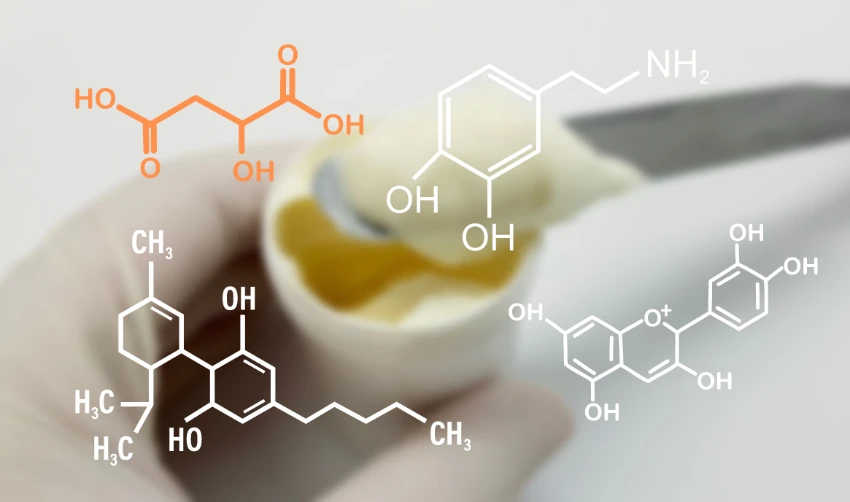Compounding medication is the practice of preparing custom medication formulations for individual patients by mixing or altering basic medications. It can include combining, mixing, or altering ingredients to create a specific dosage form. Compounded formulations can include capsules, creams, gels, lozenges and suspensions. The formulas are prepared by a licensed pharmacist in a compounding pharmacy, with the goal of meeting the unique needs of each patient.
Below are detailed guidelines that would help you in knowing the compound pharmacy definition and the most popular pharmacy compounding formula types.
What Is Compounding Process in Pharmacy?
In pharmacy, compounding refers to the process of preparing personalized medication formulations to meet the specific needs of an individual patient. It may involve mixing different forms of medication such as powders, liquids and creams to create a customized dosage form, or adding flavorings to make medication more palatable for children or other patients who have difficulty swallowing pills. Compounding can also include the use of specialized equipment to ensure accurate and consistent preparation of the medication.
What Are Common Types of Pharmacy Compounding Formulas?
Common types of compounding pharmacy formulas include topical creams and ointments, oral suspensions, capsules, and troches and lozenges. Other types of compounding formulas include suppositories, sublingual drops, and parenteral (injectable) preparations. Compounding allows the customization of medication to meet the specific needs of individual patients such as altering the strength or form of medication.
Following are among the most common types of pharmacy compounding formulas/preparations.
Rapid Dissolve Tablets
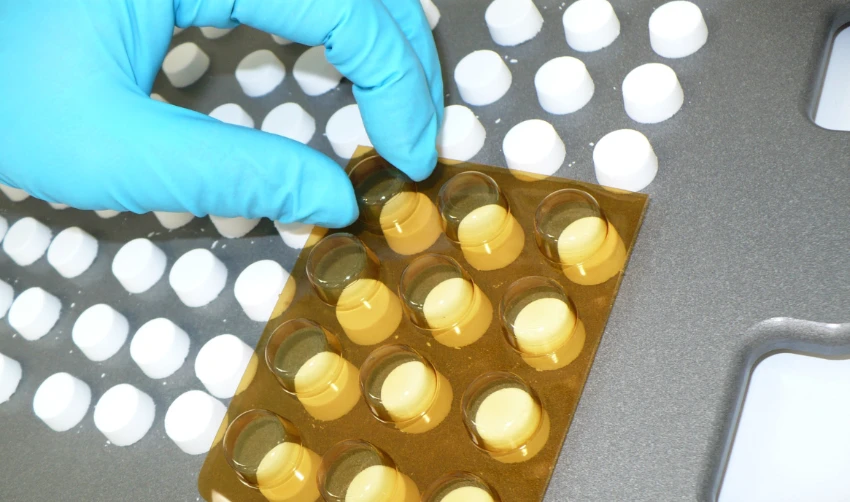
Rapid-dissolving tablets or quick-dissolving tablets dissolve quickly in the mouth without the need of water. They are designed to be taken without swallowing and can be useful for people who have difficulty swallowing pills or have a need for medication to be absorbed quickly. They are made using compounding formulas for pharmacies and technologies such as lyophilization or by using other super disintegrates. Rapid-dissolving tablets are convenient, easy to use, and can be a good option for some individuals; however, not all medications can be formulated as rapid-dissolving tablets. It’s important to consult with a healthcare provider or pharmacist before taking any new rapid-dissolve medications.
Oral Liquid Vehicles
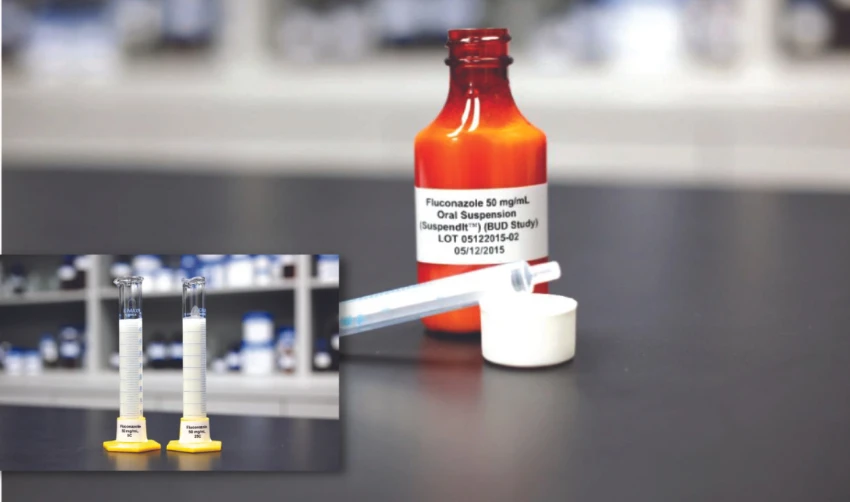
Oral liquid vehicles refer to the liquid base or excipient that is used to administer a medication in liquid. It is one of the popular medicines among the most popular compounding pharmacy types. Examples of oral liquid vehicles include water, syrup and suspensions. These vehicles are used to make medication administration easier, especially for children or patients who have difficulty swallowing pills. These oral liquid vehicles also help to mask the unpleasant tastes and odors of some medications.
Hormone Supplements

Hormone supplements used in hormone replacement therapy are medications that contain hormones that are used to boost or replace the hormones that the body naturally produces. They are typically in use with the best pharmacy compounding formulas to treat conditions caused by a deficiency of certain hormones. Hormone supplements can be taken in various forms, including pills, creams, gels and injections. They can have potential side effects and risks and it’s important to consult a doctor before taking any hormone supplement.
Cream Medication
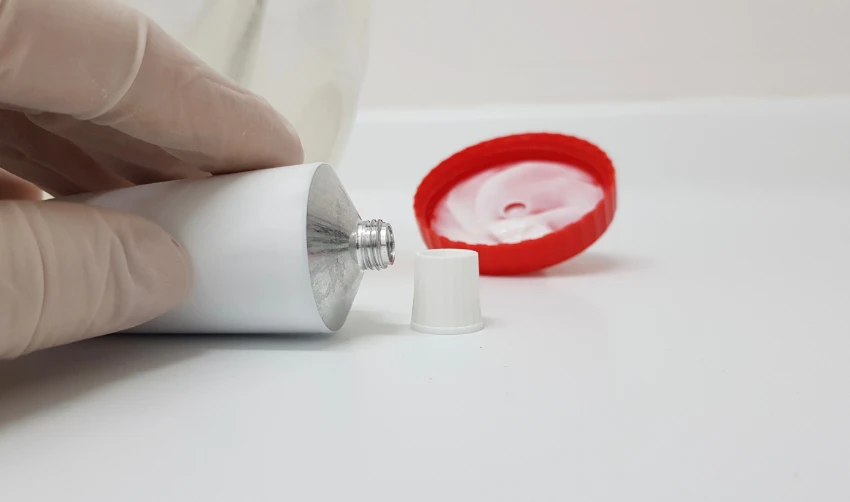
Cream medication refers to a type of topical medication that is applied to the skin in the form of a cream. These medications are used to treat a wide range of conditions such as skin irritation, itching, rashes, infections and other known skin conditions. They can be prescription medication and they can contain a variety of active ingredients such as antibiotics, corticosteroids, anti-fungal or other complex medications. It is important to follow the instructions on the package or as directed by a healthcare professional when using cream medication.
According to 2022 compounding pharmacy laws, cream medication should only be used under the supervision of a healthcare professional and should not be used for longer than necessary.
Oral Chews and Lozenges
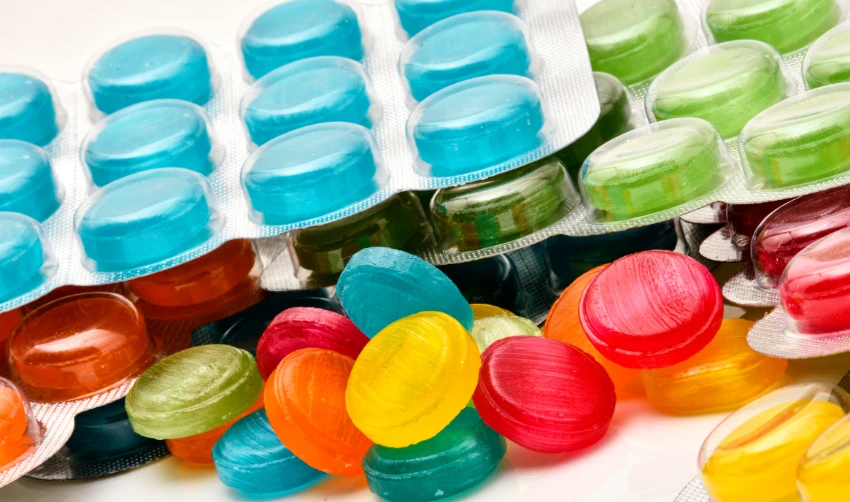
Oral chews and lozenges are types of medication delivery systems that are designed to be dissolved in the mouth. They are often used to treat conditions such as sore throat, cough and cold symptoms. Oral chews are typically made from a chewable material such as gummy or hard candy, while lozenges are usually made from a hard, medicated material that is dissolved slowly in the mouth. Both types of medication delivery systems can provide a convenient and discreet way to take medication and they can be very useful for those people who have difficulty swallowing pills.
Conclusion
Compounding pharmacy formulas are significant because they allow for personalized medication options for patients. Compounded medications are made by a pharmacist, who combines, mixes, or alters ingredients to create a medication tailored to the specific needs of an individual patient. The whole compounding process may involve adjusting the strength or dosage form of medication or creating a medication that is free from certain allergens or dyes. Compounding can be used to treat a wide range of conditions and can be particularly useful for patients with complex medical conditions or special needs but they need to be prepared by the best in business; therefore, always try to find the best Maryland compounding pharmacy for your specific compounding solutions.


